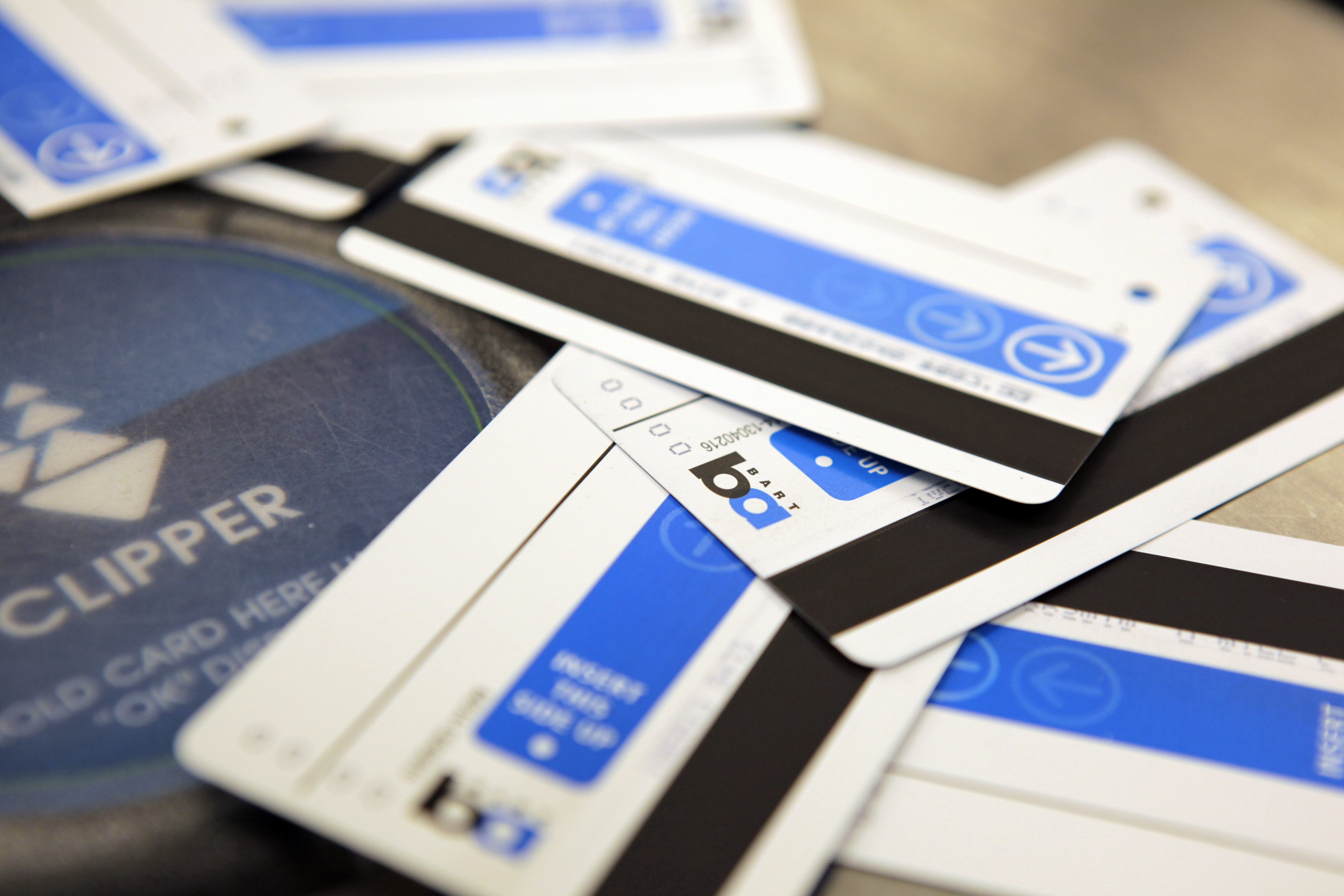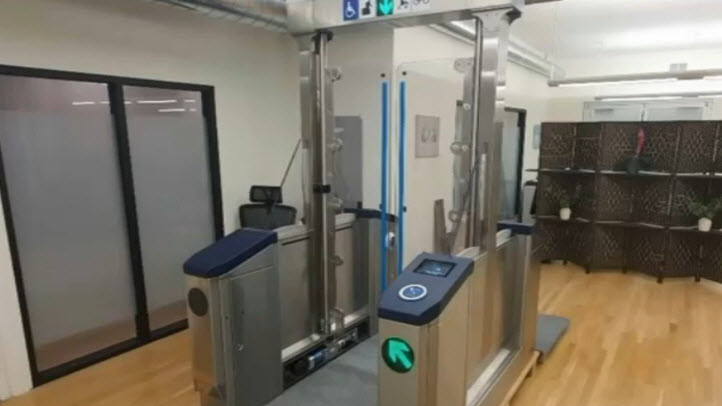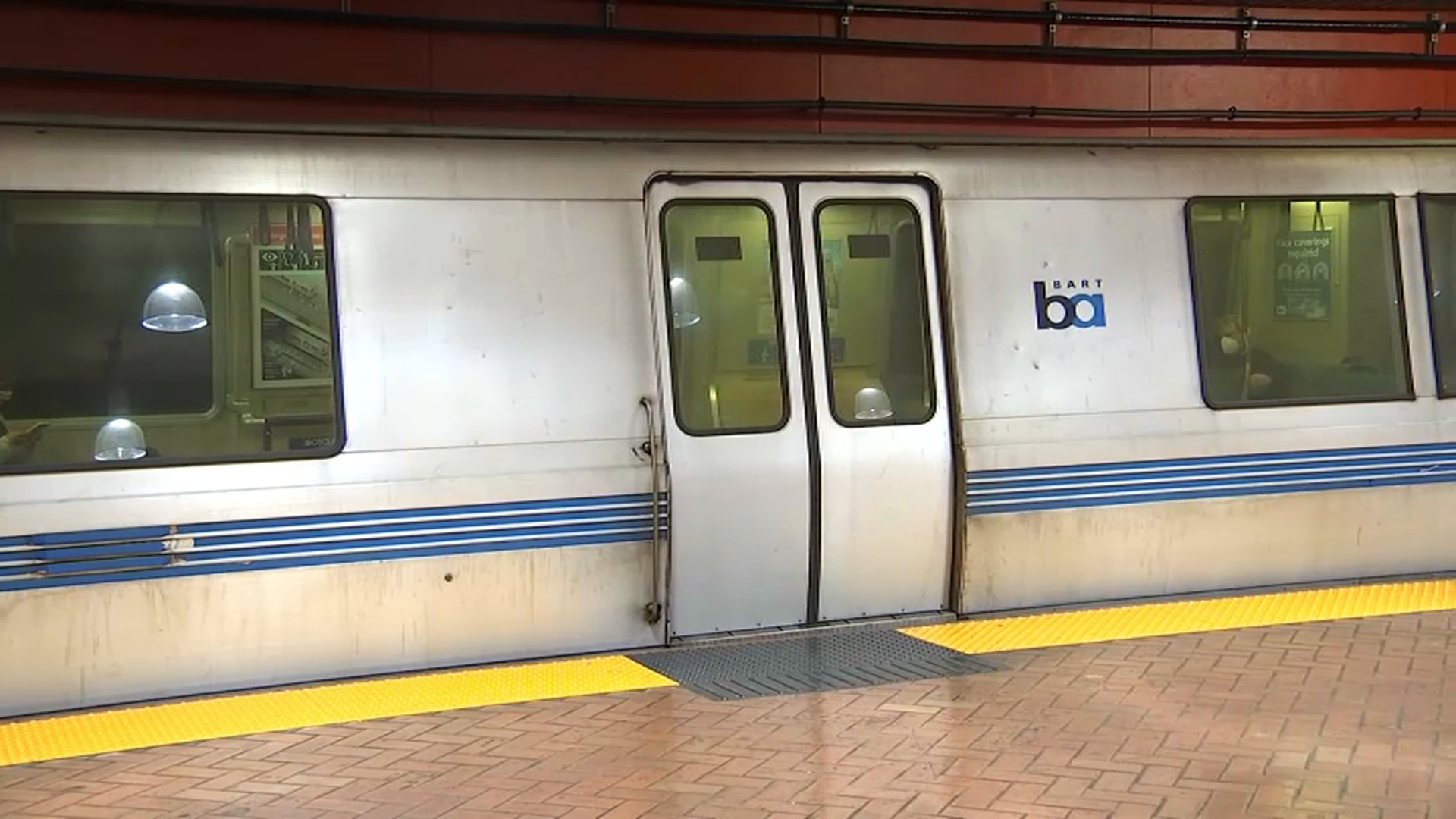The new year will bring new prices to ride BART.
Fare increases are necessary to keep trains running, the transit agency said. The new prices will cost on average 23 cents more. The more than 5% spike is projected to bring in $26 million more to cover BART's inflation cost.
"Everything is going up right now," BART rider Margrett said. "Bridge tolls are going up. Rent is going up. It's part of life."
While some riders said the price to ride does not match the service, others fear even despite improvements, increasing cost are hard to keep up with.
"I just did a BART survey last week and I said that was probably the one thing that I didn't like is how much it has increased over the years," BART rider Darryl Echiverri said. "To be honest everything else has greatly improved, but just to see the price is like a sticker shock."
BART fare rates typically increase every two years to offset rising costs.
But BART said instead of the scheduled 11% increase in 2024, the agency is spreading the increase to 5.5% over the next two years.
"If we do these regularly scheduled more modest increases it avoids the great big increases that are necessary to keep BART operational," BART spokesperson Jim Allison said. "If we didn't have fare increases at all, we just wouldn't have enough money to run the system."
Not everyone will see increases discounts for low income riders will jump from 20% to 50% through the clipper start program.
Get a weekly recap of the latest San Francisco Bay Area housing news. Sign up for NBC Bay Area’s Housing Deconstructed newsletter.
For everyone else, BART said the increases are vital to help overcome a $13 million deficit in 2026.
"We don't like to increase fare, but this 5.5% increase was a good compromise we felt to keep pace with the rate of inflation and to also keep offering great service," Allison said.
The fare increase will start on Jan. 1.




